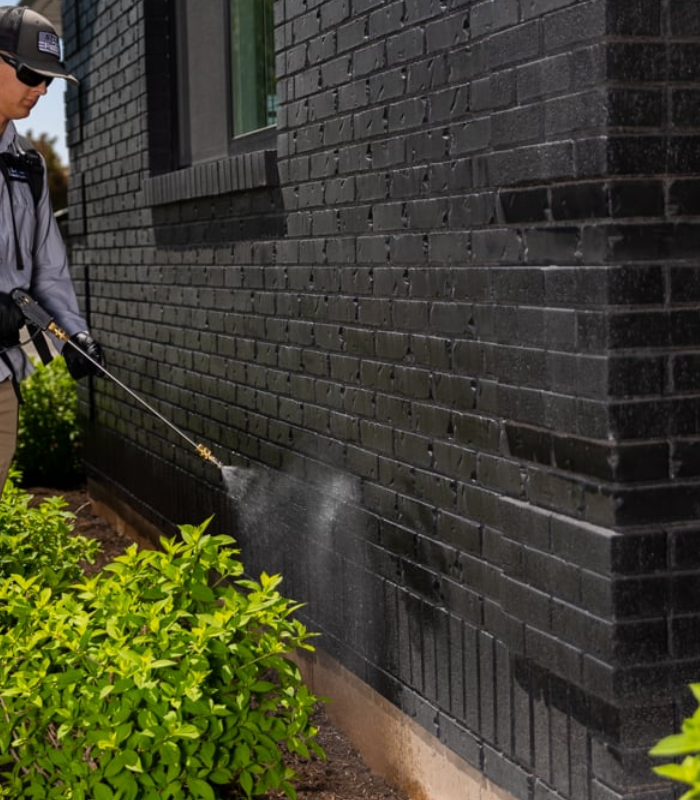About Our Soil Testing
Types of soil tests
There are many different kinds of soil tests that have been developed over the years. Let's explore the basic concepts of the various types of soil tests.
Chemical analyses of soil nutrient levels involve mixing soil with water and an additional chemical that extracts or dissolves nutrients from the soil. This mixture of soil, water, and chemical extract is then filtered and tested to determine the level of nutrients in the soil.
The extract solutions can be divided into 3 basic classes:
Strong Acids
Weak Acids
No Acid just uses water A.KA. Water Extract

Strong acids
Most testing laboratories (Conventional Lawn Companies) and state agricultural colleges (Auburn, CO-OP) use strong acids. This type of extract can test the total amount of nutrients in the soil and compute Base Saturation and Cation Exchange Capacity. Darby rejects this type of soil test for one basic reason; the test doesn’t let us really see what is available to the plant.
With this test, nutrient levels (Base Saturation and Cation Exchange Capacity) might all be in the desired range and yet the plants could show deficiency symptoms of various elements and yield poorly. Why? Because the amount of nutrients dissolved by strong acids is not the same amount made available by the weak acids given off by the plant roots.
No acid
An equally poor choice is to use no acid at all. This measures only the amount of nutrients that is dissolved by water. Plant exudates are weak carbonic acids that will extract more nutrients from the soil than just water. Darby rejects this type of soil test for the same reason as the strong acid test—neither of them squared with what was actually available to the plant.
Weak acids
Darby's test of choice is the weak acid test. This test uses a chemical extract that mimics the acids that plant roots give off. This test more accurately reveals what the plant can actually utilize from the soil. Plants may be grown directly above a limestone bed but show a calcium deficiency. This test picks this up and shows a low reading of biologically calcium even though there is plenty of calcium in the soil.
Through out the years the weak acid test has stood the test of time and it has produced brilliant results. When the soil is balanced according to the available nutrients it produces a superior plant.





